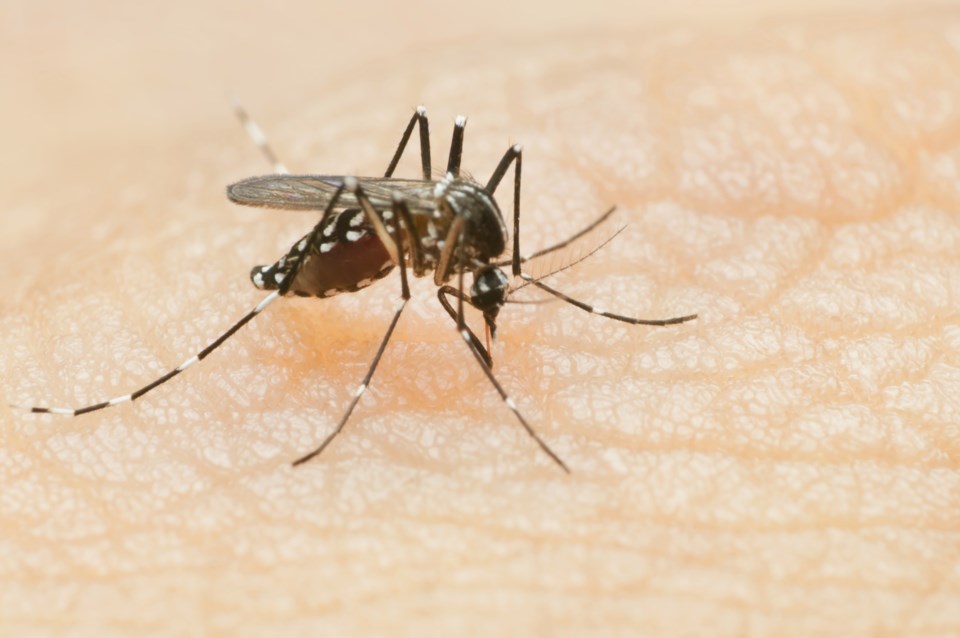LAKELAND – Alberta Health Services (AHS) is reminding Albertans that when engaging in any outdoor activities to be mindful and protect themselves from mosquitoes. According to AHS, some mosquitoes may carry the West Nile virus.
“With exposure to mosquitoes comes risk of West Nile virus,” states Dr. Jack Pang, Medical Officer of Health – North Zone, in a July 26 news release. “Because some mosquitoes carry West Nile virus, it’s important to avoid being bitten at all.”
Alberta had 532 confirmed cases of the West Nile virus from 2008 to 2018, 458 of which were non-neurological syndrome, according to AHS. AHS said many of the cases were not travel-related and were acquired in the province.
AHS recommends wearing a long-sleeved, light-coloured shirt, pants, and a hat, as a precaution from West Nile virus. People should also consider staying indoors at dawn and dusk when mosquitoes are most active.
AHS also recommends using Health Canada approved insect repellent, products that contain DEET or Icaridin. AHS said for infants younger than six months old, “do not use an insect repellent containing DEET, [and] instead, use a mosquito net when babies are outdoors in a crib or stroller.”
Children six months to two years old can use insect repellent “only when there’s a high risk of insect bites that can spread infections and diseases [and] do not use more than once a day,” states AHS.
Children over two years old can use an insect repellent up to three times a day. More information on insect repellents can be found in Personal Insect repellents - Canada.ca
“These steps can make it harder for mosquitoes to find you. And remember: if mosquitoes can’t find you, they can’t bite you,” said Pang.
People bitten with mosquitoes carrying the West Nile virus can develop West Nile non-neurological syndrome, previously known as West Nile fever. They may also develop the more serious West Nile neurological syndrome.
According to AHS, symptoms of non-neurological syndrome can be uncomfortable, which includes fever, chills, nausea, vomiting, fatigue, skin rash, swollen glands and headache. On the other hand, symptoms of neurological syndrome can be more severe, including tremors, drowsiness, confusion, swallowing problems, high fever, unconsciousness, paralysis and even death.



